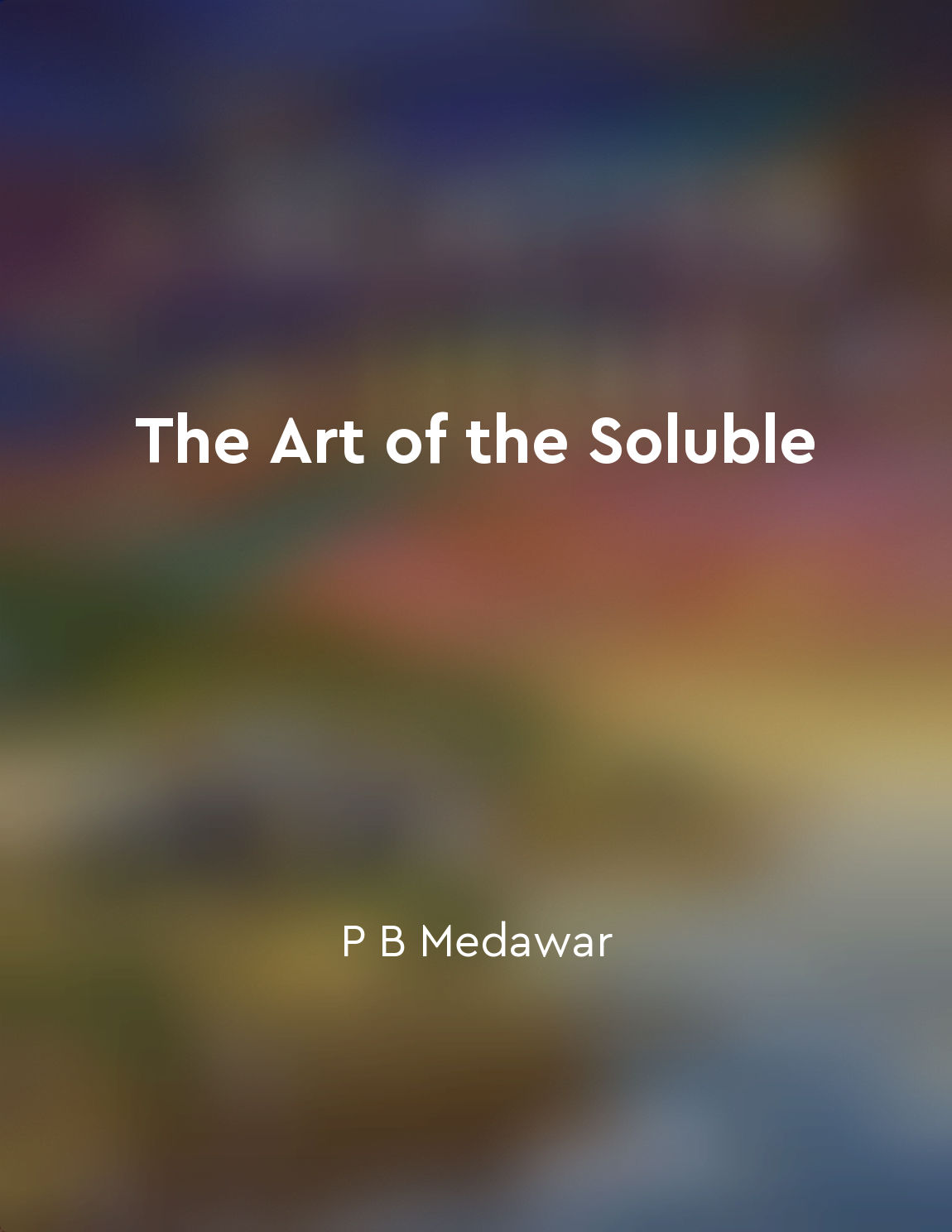Framework from "summary" of The Disordered Cosmos by Chanda Prescod-Weinstein
A framework is a way of thinking about a particular problem or question. It is a set of ideas or assumptions that help you organize your thoughts and make sense of the world around you. When we talk about frameworks in science, we are talking about the basic principles that scientists use to understand the natural world. Frameworks shape the questions we ask, the experiments we design, and the conclusions we draw. They provide a structure for our thinking and help us make sense of complex phenomena. Without a framework, it can be difficult to make sense of the data we collect or to communicate our findings to others. Frameworks are not fixed or immutable. They can change and evolve as new evidence comes to light or as our understanding of the world deepens. In fact, one of the hallmarks of good science is the ability to update and revise our frameworks in response to new information. But frameworks are not just neutral tools that scientists use to make sense of the world. They are shaped by our social and cultural context, and they can reflect and reinforce existing power structures. For example, the idea that only certain people are capable of doing science is a framework that has been used to exclude women and people of color from the scientific community. In order to create a more inclusive and equitable scientific community, we need to challenge and change the frameworks that underpin our understanding of the world. We need to question the assumptions that underlie our scientific practices and work to create new frameworks that are more just and equitable.Similar Posts
Pushing boundaries and challenging norms
In her memoir, Lindy Elkins-Tanton delves into the importance of pushing boundaries and challenging norms in the field of scien...
Normal science is puzzlesolving within paradigms
Normal science, as I have argued, often seems to be puzzlesolving within paradigms. Scientists working within a particular para...
Discovering passion for science
The journey of discovering passion for science is a deeply personal one, shaped by a multitude of experiences and influences. I...

Clarity is key in scientific communication
The necessity of clarity in scientific communication cannot be overstated. It is the very foundation upon which all scientific ...
Collaboration between disciplines can lead to groundbreaking discoveries
In the pursuit of knowledge, the convergence of different disciplines can act as a catalyst for extraordinary breakthroughs. Wh...
Normal science is puzzlesolving within paradigms
Normal science, as I have argued, often seems to be puzzlesolving within paradigms. Scientists working within a particular para...
